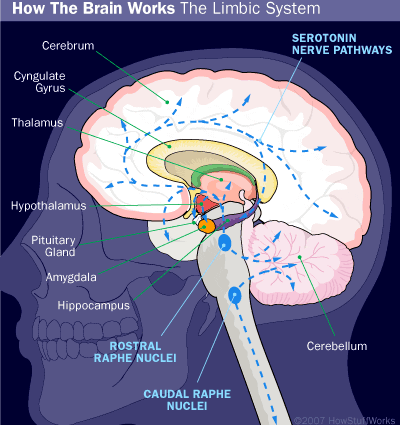Antidepressants affect people with depression in a very different way from those with other disorders. They change the volume of brain regions that are responsible for will, motivation and emotions. How exactly?
Antidepressants, including the most popular class of these drugs, selective serotonin reuptake inhibitors (SSRIs), despite their name, have a wide range of indications that go far beyond depression.
They are also used for anxiety and obsessive-compulsive disorders, bulimia, stroke recovery, and some sexual problems.
Doctors at Wake Forest Baptist Medical Center (USA) conducted a study on monkeys – their brain structures are similar to human ones1. For 18 months, 41 middle-aged female monkeys were fed roughly the same diet as a typical American and observed for the development of depressive symptoms.
Then the monkeys were divided into two groups according to two parameters: the same body weight and the manifestation of depressive behavior.
Over the next 18 months, one group (21 monkeys) received the antidepressant sertraline (sold under the names Zoloft, Stimuloton, Asentra) daily at approximately the same doses that humans take. The other group (20 monkeys) received a placebo.
After that time, MRI scans showed that the depressed monkeys had significantly increased the size of a region of the brain called the anterior cingulate cortex as a result of taking the drug. And in monkeys without depression who took the drug, the volume of the anterior cingulate cortex, as well as another area – the hippocampus – decreased.
These areas have many connections with other parts of the brain and are responsible for our memory, learning ability, orientation in space, developed willpower, motivation and the formation of emotions.
They also play a role in the development of depressive disorders.
Studies have shown that people with and without depression have differences in the volume of different areas of the brain. In patients with depression, the volume of the cingulate cortex and hippocampus is often reduced.
It is hypothesized that antidepressants may have a therapeutic effect by stimulating the growth of neurons and the formation of neural connections in these areas of the brain.
1 S. Willard et al. «Long term sertraline effects on neural structures in depressed and nondepressed adult female nonhuman primates», Neuropharmacology, vol. 99, December 2015.










